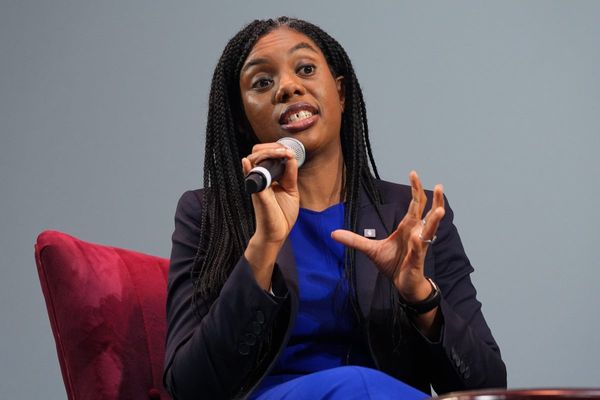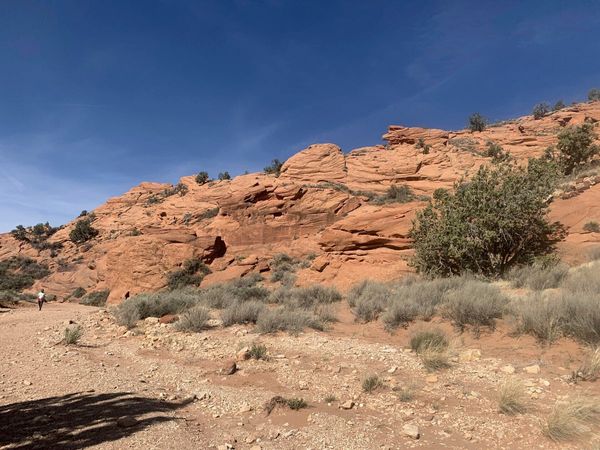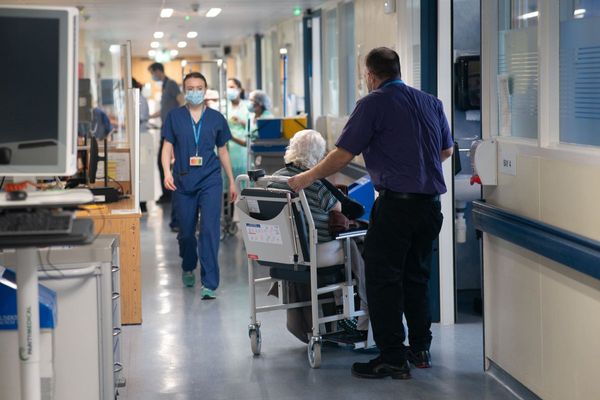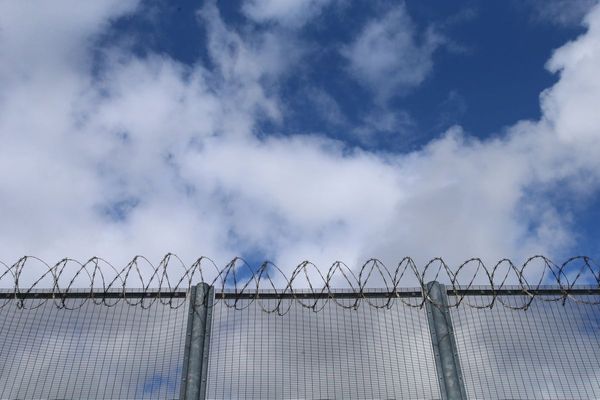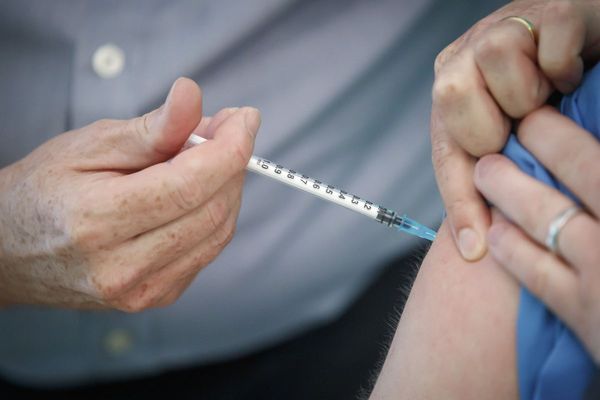A woman who fled Grenfell Tower in a smoke-filled lift has recalled the moment she realised her elderly father was not behind her.
Nadia Jafari lived on the 11th floor with her sister, mother and 82-year-old father, Ali Yawar Jafari.
She told the public inquiry into the disaster she attempted to escape in an elevator with Mr Jafari, who had heart problems and could not manage the stairs.
But there were problems with the lift and it got stuck for a time on the 10th floor.
When it finally reached the ground, her father was not behind her. He was later pulled from the tower by firefighters, but was pronounced dead at the scene due to smoke inhalation.
Mr Jafari was remembered as a family man who loved animals during tributes to the fire’s 72 victims at the beginning of the public hearings.
Although the 82-year-old was found soon after the fire, his family was not told of his fate for another two weeks, Ms Jafari said.
The inquiry also heard on Monday from Munira Mahmud, who successfully fled her fifth-floor flat, but whose friend died in the inferno.
In a written statement to the inquiry that described events unfolded on the night of the fire, Ms Jafari said her mother and sister went downstairs to investigate the extent of the danger.
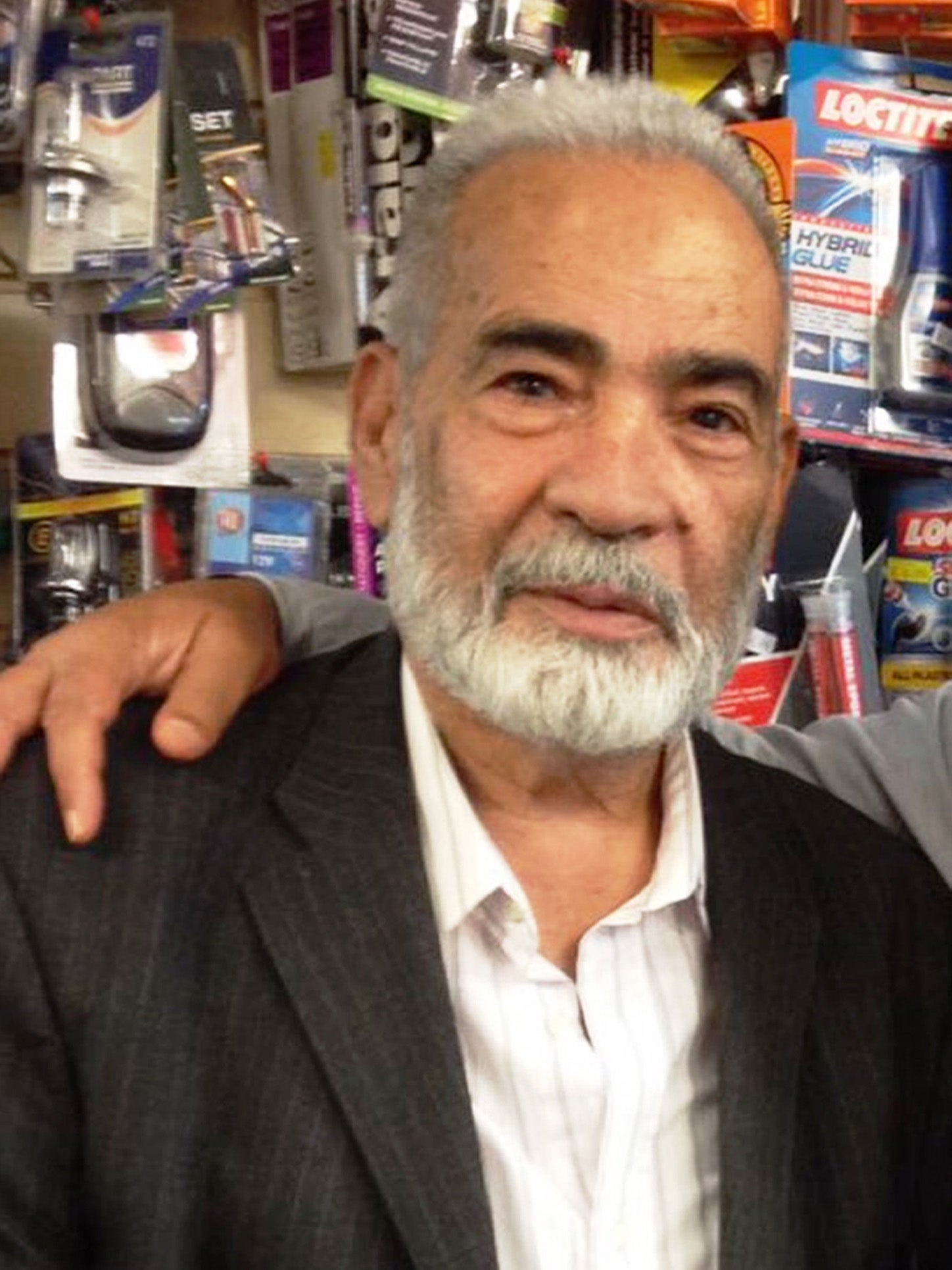
Not realising the severity of the situation, she waited for her father to go to the bathroom.
“When my father was in the toilet, I noticed the fire was getting higher. While I was standing near the kitchen window waiting for my father, the fire reached our flat,” she said.
“The fire came through the small circular vent at the top of the window.
She knocked on the bathroom door and told her father the flames had reached their flat’s kitchen.
“My father came out quickly, and as he looked round the door, the glass in the kitchen window smashed from the fire and the flames then covered the entire window area,” she said.
“The whole window in the kitchen broke in two. The vent completely collapsed. I saw the glass break and the fire come through as I was standing there. The plastic around the window was burning.”
The pair went into the corridor, where they knocked on several of their neighbours’ doors and told them to leave.
Her father was panicking and sweating, she said, and she did not have a medicated spray he needed to regulated his blood flow. She was also in pain, having undergone major surgery a week before.
“That night, only one of the lifts was working ... The lift door opened and there were a few people standing inside,” she said.
“We got into the lift and it started to go down, but the lift reached only the 10th floor before it got stuck.
“The lights went off and dark smoke began to come into the lift. People began to panic and kept pushing the buttons.”
She continued: “Eventually the doors opened. I tried to get out but it was difficult. I realised that there was someone behind me who was holding on to me.
“I couldn’t see who it was because it was so dark. I kept asking them to stop but she was clinging to me and holding my legs. It was terrifying, and the smoke was horrible.
“There was a strong and bitter chemical smell. I tried to speak, but it was too hard because of the smoke.”
Her father told her to cover her mouth with her scarf, she said.
“The doors closed and the lift began going down again. The lift was very dark and there was still some smoke in the lift,” she said.
“Finally the door opened on the ground floor and everyone ran out. I ran out of the lift.
“I looked around for my father, but I couldn’t see him. I realised that he must have come out of the lift on the tenth floor.
“I thought he must still be trapped inside the tower.”
Ms Jafari said she left the tower to try to find her father, hoping he may have got out before her, but he had not.
She was crying and shouting for him, her face was black with soot and she was coughing.
She told the inquiry: “I went to get outside to check if my father came before me.
“Maybe I did not see him when the lift was open so I thought he came out before me. I went outside to see if he’s outside.”
She then returned to try to go back to the 10th floor but did not have a fob to get through the door to the stairs. She argued with a policeman, who would not let her return to the tower.
Later in her statement, Ms Jafari said: “The authorities said that they didn’t know where my father was but they did know, they just didn’t tell us.
“I now know that there was a post-mortem on the 16 June but they did not tell us that they had found him for about two weeks.
“This was very distressing, because for weeks we did not know what had happened or what my father’s final movements were.”
She added: “Later I saw my father at the coroner’s office. They had not washed his face, and it still had smoke marks on. No one deserves to die in that way.”
Ms Jafari said she did not want to give details about the impact the fire had on her, but it had “deeply affected her”.
Following Ms Jafari’s evidence, the inquiry heard from fifth-floor resident Ms Mahmud, who wept as she recalled begging a friend trapped at the top of the high-rise with her two young daughters to come down.
Ms Mahmud fled her flat with her two children after being told by a firefighter she had “two seconds” to get out.
Ms Mahmud called Rania Ibrahim, who was trapped on the 23rd floor with her daughters Fethia, four, and Hania, three, at about 3am after she had made it outside.
The mother had been told to stay put by the fire service, and the sound of a helicopter circling above gave false hope that those at the top of the tower would be helped.
Ms Mahmud broke down with her head in her hands as she told the inquiry: “She would have come down, because I believe that (there were) some people who survived after 3am.
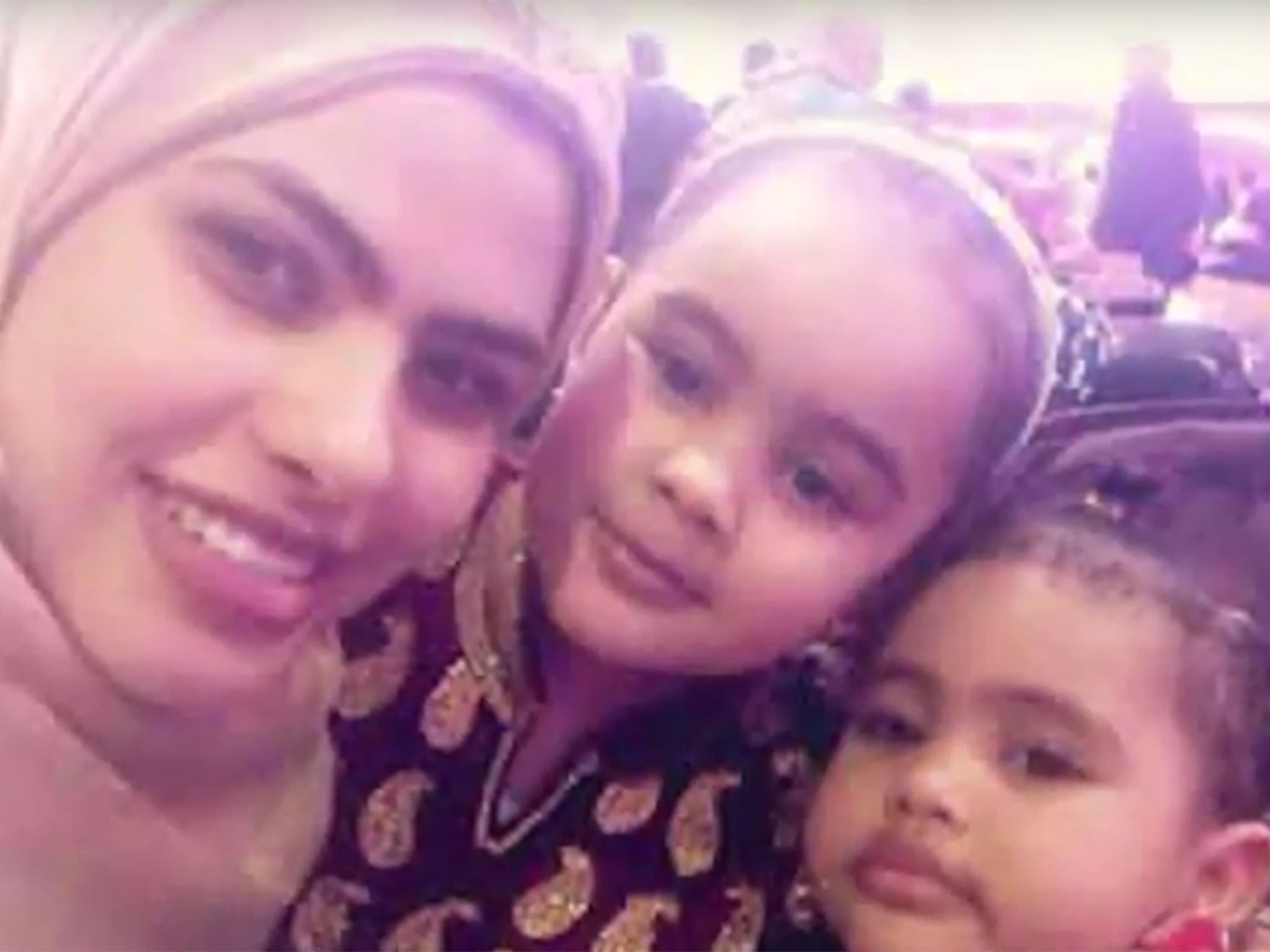
“But she did not. She respected and trusted and believed that they are coming to rescue them. And that rescue never came.”
Ms Mahmud was comforted by her husband, who held her hand, and a Hestia mental health support worker as she gave her evidence.
She recalled how her “heart sank” when Ms Ibrahim said she was still inside the tower during their phone conversation.
In her written statement, she said: “She was trying to stay calm on her phone but I could tell she was petrified.
“I think she knew that she wasn’t going to make it out alive. She said ‘thank God you’re alive’.
“I asked her what was going on and she told me it was very dark. I was terrified for her.”
Ms Mahmud said she could hear her friend struggling to breathe, and knew she would die if she did not leave the building.
She said: “I just kept repeating ‘Come down Rania. Come down.’ She always listened to me.
“In my police statement, it states that I couldn’t hear anything in the background but I can now remember hearing her children in the background saying that they wanted their daddy and were coughing quite a lot.”
Ms Mahmud said the fire had had a “terrible impact” on her family. Her father-in-law’s dementia had been worsened by living for almost a year in a hotel room, while she has become hyper-vigilant about knowing where fire escapes are.
After she was thanked by inquiry chairman Sir Martin Moore-Bick for reliving her “awful experience”, Ms Mahmud said she was motivated by justice.
She said: “Every single day, until the last minute, we’re fighting for justice, because (of) all those innocent people, my children – Rania’s children are my children.”
The Grenfell Tower inquiry is hearing evidence from survivors of the blaze at Holborn Bars, a conference centre in Central London.
Additional reporting by Press Association
